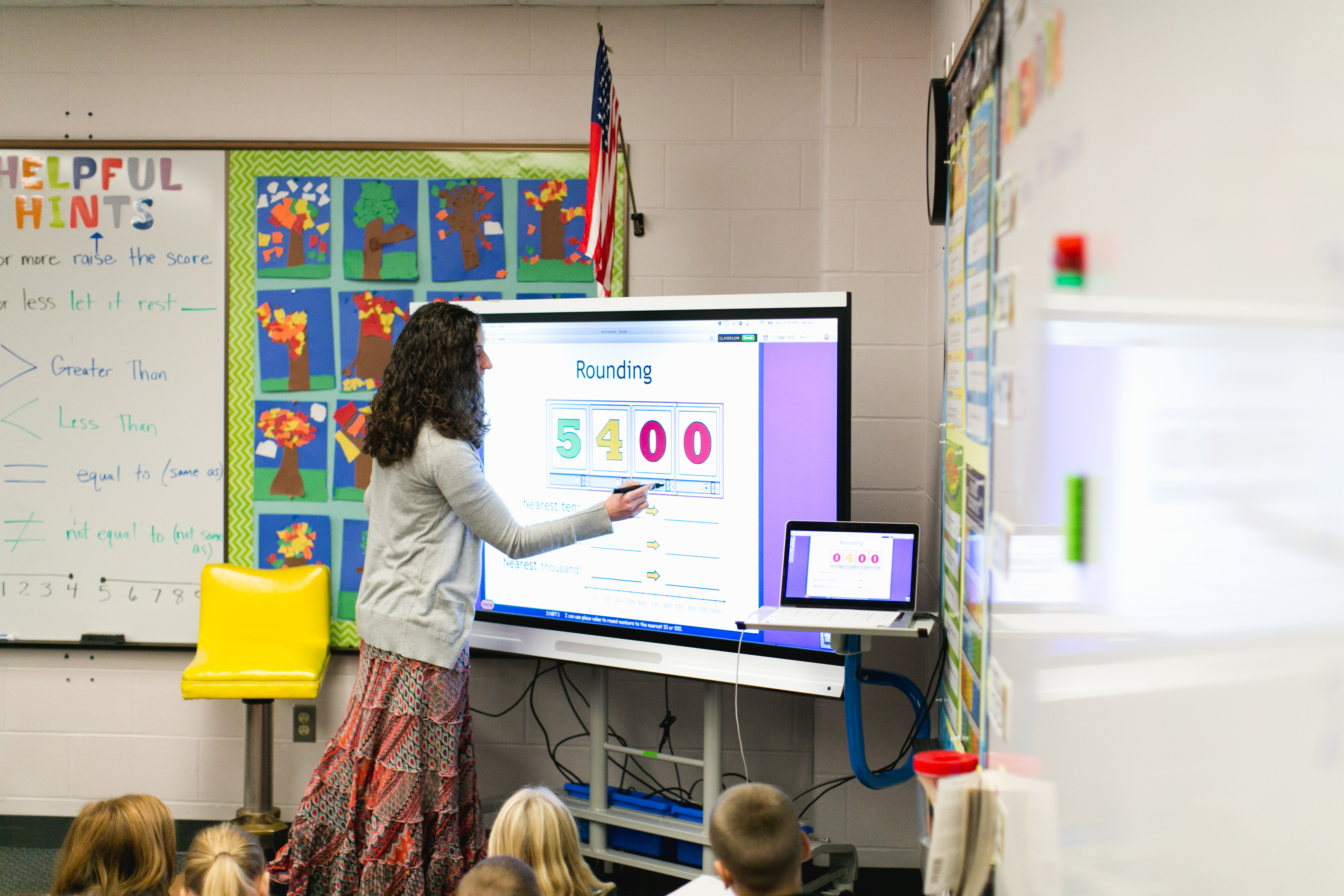It was mostly a “welcome back to school” week for House and Senate E-12 Committee members last week. Representatives and senators introduced themselves, many for the first time, discussing where they are from, background, if any, in the education world, and what goals they have for this session. Many members mentioned closing the state’s achievement gap, early childhood education, teacher diversity and teacher-empowered programs.
House and Senate staff presented overviews on how education financing works in Minnesota by going over sample spreadsheets, fiscal notes, and other presentations. Advocacy groups from across the education spectrum also introduced themselves and their 2017 policy platform, including MREA’s Executive Director Dr. Fred Nolan and Director of Legislative Action Sam Walseth.
STUDENT ACHIEVEMENT
One highlight from the week was on Thursday when a joint hearing of the House Education Committees was called to hear a presentation from the Minnesota Department of Education Commissioner Brenda Cassellius and her Director of Government Relations Adosh Unni. They discussed the implementation and progress of statewide education programs and student achievement goals from the past six years.
“Over the past six years we have been able to do some pretty great work, even in trying times,” Cassellius said. “All schools matter here in Minnesota.”
The committee heard a report regarding the new federal Every Student Succeeds Act (ESSA), which replaces No Child Left Behind. They were also updated on the state’s World’s Best Workforce (WBW) goals and the status of Pre-K programs and investments. ESSA changes requirements governing states’ academic standards, student testing, school accountability, and teacher effectiveness. It requires states to develop an accountability system, to identify schools for support and improvement, distribute effective teachers, and creates a new block grant program to improve student learning.
Rep. Paul Marquart (DFL-Dilworth) who was the committee chair from 2013-2015 asked if WBW could help satisfy new ESSA requirements in terms of districts’ stated goals, when there is a struggling school, and the accountability pieces. The Commissioner responded by stating that is the department’s hope and they are working to make that a reality, but expressed frustration that 30 districts around the state have not turned in their WBW report.
“The governor and you have been a steady hand in making education move forward, not just in spending, but in accountability on how that money is being spent,” Marquart said.
PRE-K
On the Pre-K front, in recent years the general education formula has risen from 1 percent to 2 percent, all kindergarten and voluntary pre-kindergarten have become fiscal priorities in the Legislature, and early childhood education scholarship funding has risen from $4 million to $48 million.
“We really have taken a mixed-delivery approach in the different opportunities and choices parents have to support their children,” Cassellius said.
There will be more overviews and presentations for lawmakers in committee next week as well.





